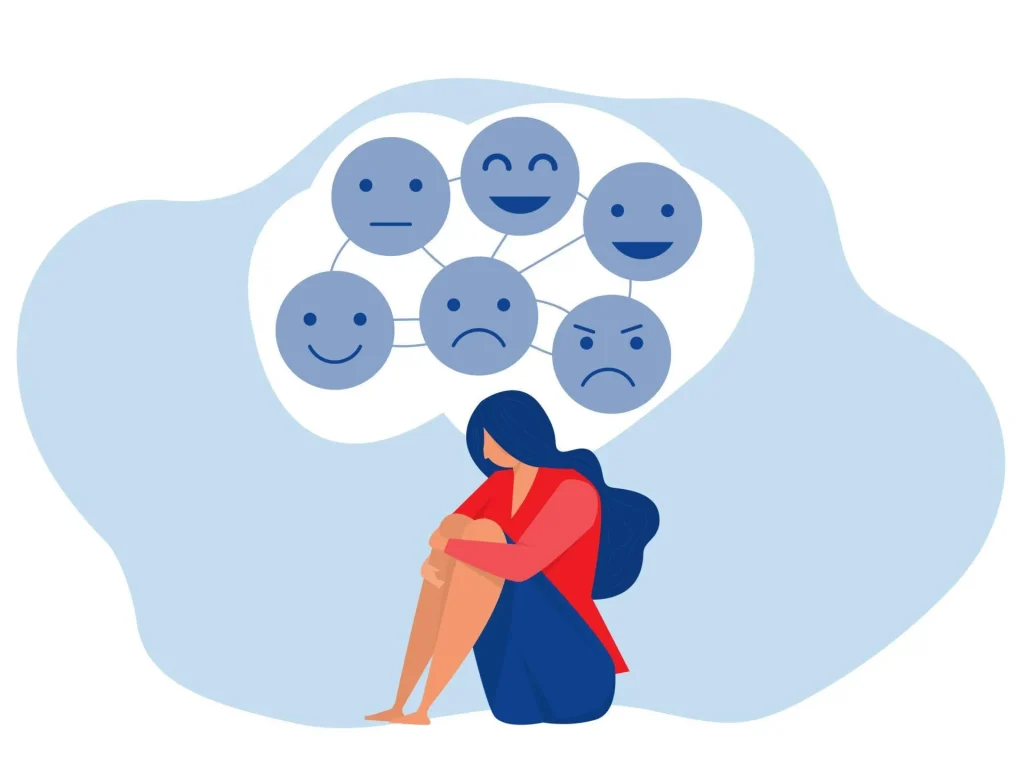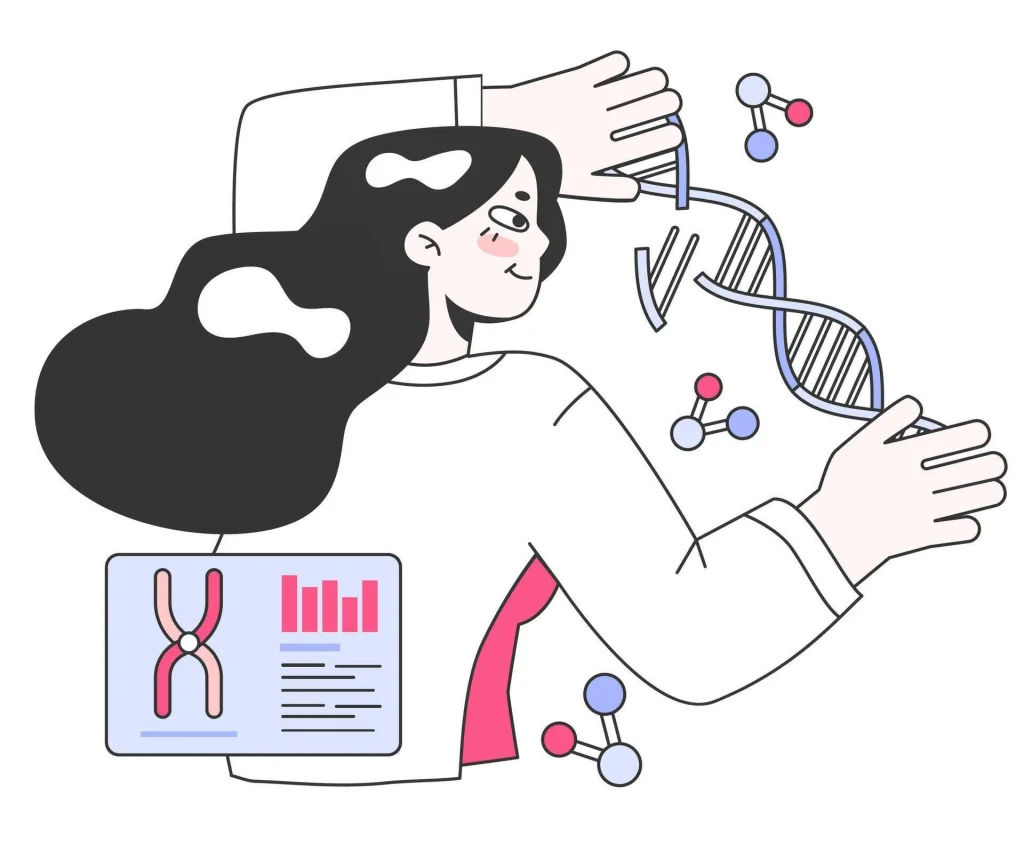Mood Disorders
Understanding Mood Disorder
When life throws its inevitable curveballs, everyone experiences highs and lows. But what if your emotional roller coaster feels more like a free fall? Mood disorders might be at play, and understanding them can help you or someone you care about find their balance again.

What Are Mood Disorder ?
Mood disorder are a group of mental health issues that primarily affect a person’s emotional state. More than just a temporary change in mood, these disorders can significantly impact daily life and functioning. From overwhelming sadness to intense elation, mood disorder cover a wide emotional spectrum.
Types of Mood Disorder
1. Major Depressive Disorder (MDD): Characterized by prolonged periods of sadness, lack of interest in activities once enjoyed, and other symptoms like changes in sleep and appetite.
2. Bipolar Disorder: Involves alternating episodes of mania (intense high) and depression. Bipolar disorder can range from Bipolar I, with more severe manic episodes, to Bipolar II, which includes less intense hypomanic episodes.
3. Dysthymia: Also known as Persistent Depressive Disorder, this involves chronic, less severe depression lasting for at least two years. It can feel like a continuous low-level sadness that’s hard to shake.
Causes and Risk Factors
The exact causes of mood disorders aren’t fully understood, but several factors can contribute:
1. Genetics : Family history of mood disorder can increase your risk.
2. Brain Chemistry : Imbalances in brain chemicals play a significant role.
3. Trauma and Stress : Life events, such as the death of a loved one or ongoing stress, can trigger mood disorder.

Treatments and Coping Strategies
Treatment for mood disorder is multi-faceted and often involves a combination of approaches:
1. Medication : Antidepressants, mood stabilizers, and other medications can help manage symptoms.
2. Therapy: Cognitive-behavioral therapy (CBT) and other therapeutic approaches can be effective in treating mood disorders.
3. Lifestyle Changes Regular exercise, a balanced diet, and adequate sleep can make a notable difference. Mindfulness and relaxation techniques are also beneficial.
Understanding mood disorders is the first step towards managing them effectively. If you or a loved one are struggling, reaching out for professional help can pave the way to a brighter, more balanced emotional life.
